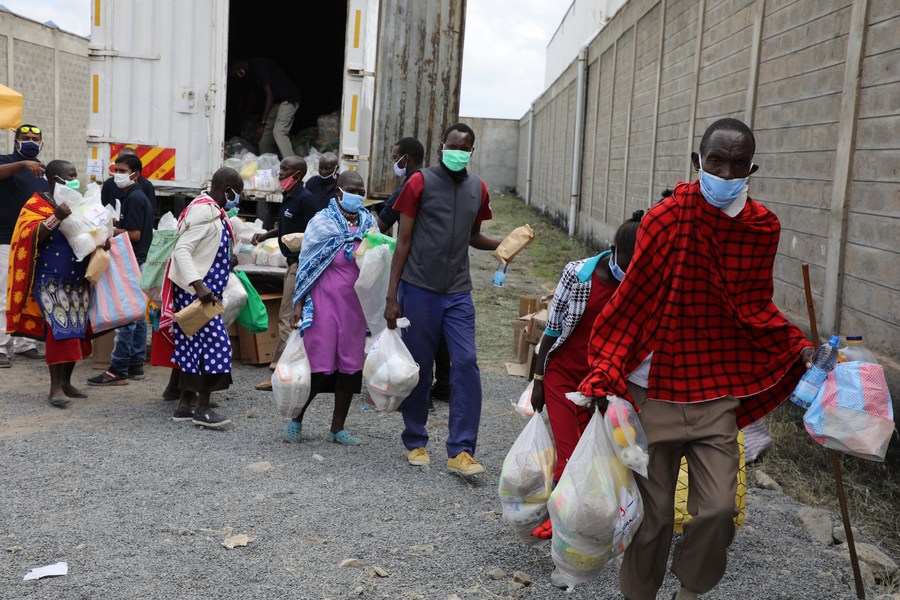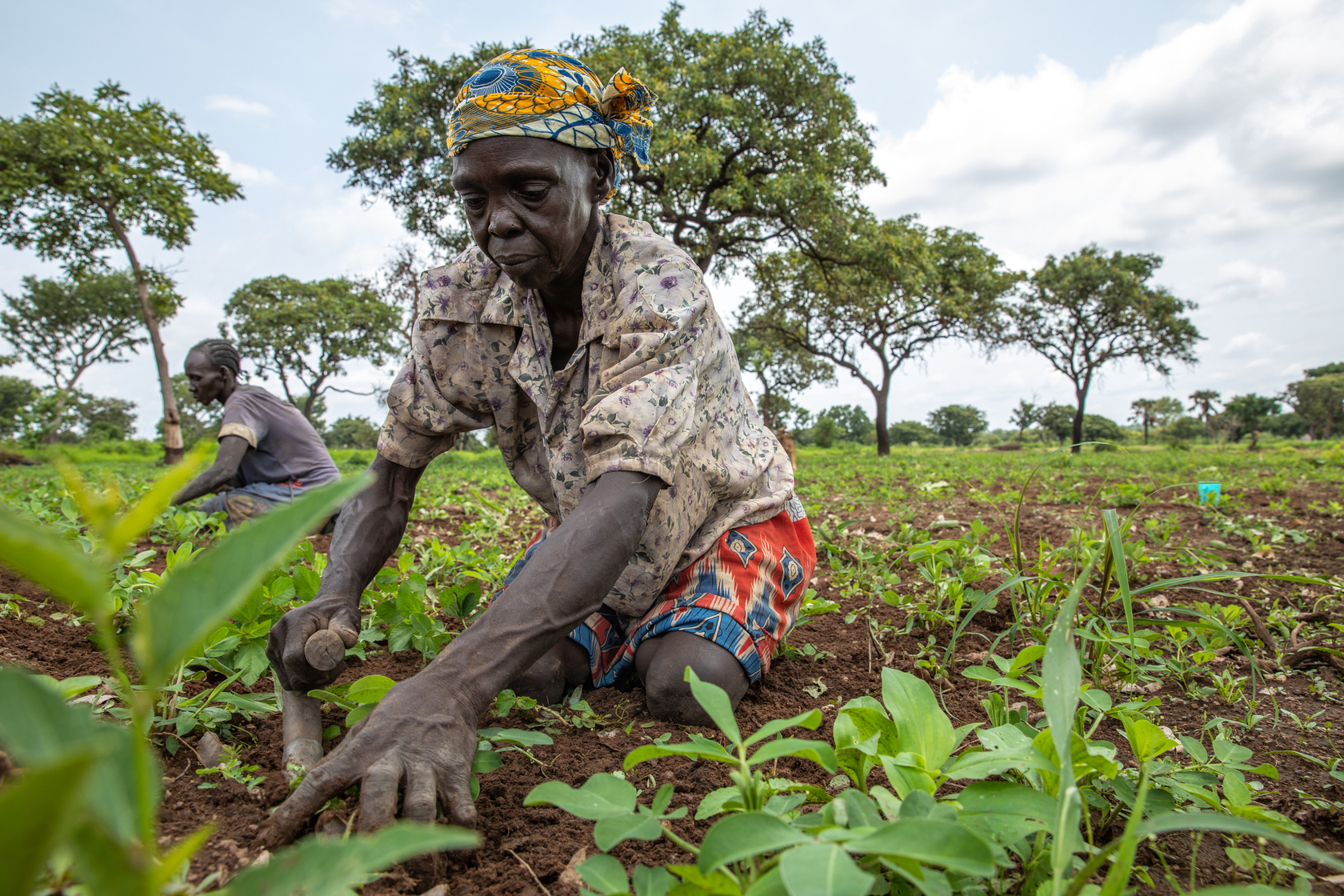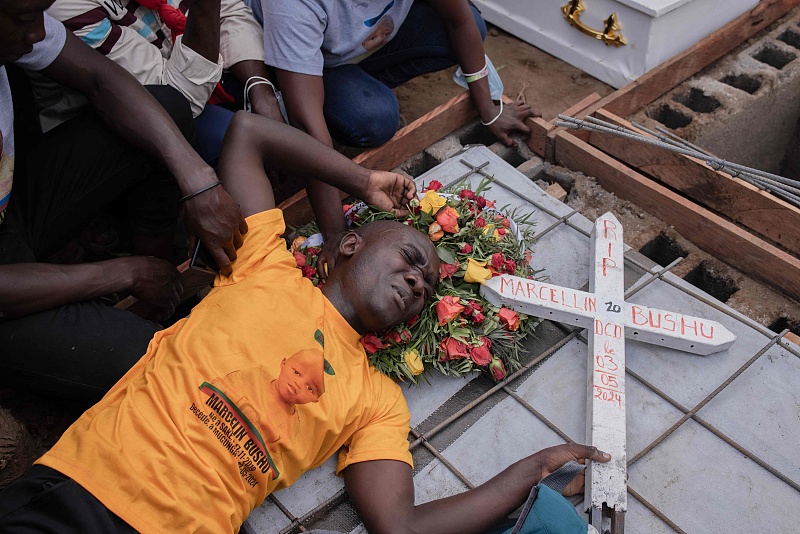
Kenya’s COVID-19 cases pass 16,000 mark amid steady spike

Kenya’s total number of COVID-19 cases passed the 16,000-mark amid a steady rise in infections, the Ministry of Health said Friday.
Mercy Mwangangi, Chief Administrative Secretary, said that 667 people including a senior government official, were diagnosed with the disease from 5,075 samples tested in the last 24 hours, bringing the total number of infections to 16,268.
She said 667 new patients include 657 Kenyans and 10 foreigners, composed of 393 males and 274 females between one-month-old and 92 years old. So far, 266,102 samples have been tested in the country.
Mwangangi said 311 patients have recovered from the pandemic with 166 of them under home-based care while 145 being discharged from health facilities, bringing the total number of recoveries to 7,446.
Mwangangi said 11 people, including a child, succumbed to the respiratory disease, bringing the total number of deaths to 274.
The move comes as Cyrus Oguna, Kenya’s government spokesperson, confirmed that he has tested positive for COVID-19.
Oguna said in a statement that he developed mild coronavirus-related symptoms after returning from an assignment outside Nairobi and after undergoing testing.
“The result came back positive for COVID-19 and I am now receiving medical care and responding well to treatment at an isolation and treatment facility,” he said.
He said that his family has tested negative and that contact tracing of people is ongoing.
The official urged Kenyans to take the disease seriously and take all necessary precautions to avoid getting infected.
Meanwhile, the Kenyan official said COVID-19 has posed a big challenge to the uptake of HIV testing services as evidenced by low outpatient hospital visits that have been witnessed across the country during this period.
Mwangangi said the majority of Kenyans no longer visit health facilities for HIV testing services, noting that there has been a drastic decline of those seeking these services between January and June.
“The lowest uptake was noted between March and April 2020 where testing volumes reduced by 33 percent,” she said during the Ministry of Health’s daily briefings.
Mwangangi noted that pre-COVID-19, month to month testing volumes varied by about 15 percent, community testing decreased by 71 percent and facility testing decreased by 28 percent.
She said there are 1.1 million people using ARVs across the country, which is a remarkable achievement and a testimony to the strength and resilience to the country’s HIV management program.
“Today over 96 percent of people who know their HIV positive status are on life-saving treatment. More than 90 percent of those on treatment have controlled the HIV virus and therefore pose a very low risk of transmission,” said the official.
This, Mwangangi said, is further evidenced by the decrease of new HIV infections to less than 36,000 in 2018, a stark reduction from 106,000 in 2012.
“We are fearful that the pandemic may hamper access to ARVs hence those who are already on treatment may be greatly affected,” she said and told Kenyans that laboratory testing of HIV has not ceased, adding that testing is being done and results released to the requesting facilities.






